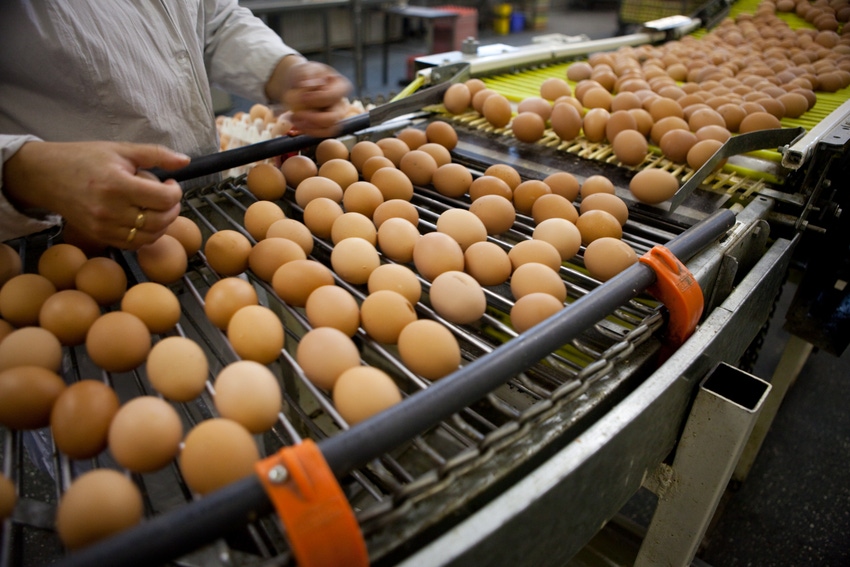U.S. egg industry applauds country's new regulation that allows egg washing.

U.S. egg producers recently received good news regarding exports to Mexico. In January 2018, a revised version of a regulation governing eggs and egg products contained a provision requiring that all table eggs intended for retail could not be washed. Currently, all table eggs for retail sale, including export sales, in the U.S. are federally required to be washed, which meant that the Mexican regulation would significantly limit U.S. access to the Mexico market. After a comment period, however, the official regulation for Eggs and Egg Products (NOM-159) was recently published in the Mexican Federal Registrar (DOF), allowing table eggs to be washed.
John Howeth, senior vice president of market development for the American Egg Board, told Feedstuffs that around the world, people believe a dirty egg means it is fresher.
The newly published regulation states that washing and drying must occur immediately after egg collection. Once the eggs are dry, they can be covered with food grade oil or coating agent and must be refrigerated until the point of sale. As U.S. eggs are refrigerated from origin they must remain so throughout the process.
“What we have seen in other countries is that we ship in refrigerate eggs, but they put them out in the open and it defeats the purpose of refrigeration,” he explained.
The new regulation is important for the U.S., Howeth said, because Mexico has the largest per capita consumption at 380 eggs. This compares to 290 eggs per person in the U.S. In 2018, the U.S. shipped 5.861 million dozen table eggs and 13,645 metric tons of egg products.
Howeth said Mexico does supply most of its own eggs but added “there are gaps in the market.”
“So, there is a great opportunity for us to be a close neighbor.”
AEB and the USA Poultry & Egg Export Council said they will continue to work cooperatively with the Mexican egg industry to increase overall consumption of eggs in Mexico, a benefit for the industries in both countries and for Mexican consumers.
About the Author(s)
You May Also Like




.png?width=300&auto=webp&quality=80&disable=upscale)
